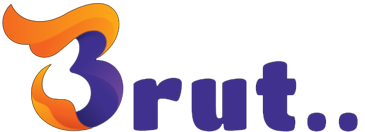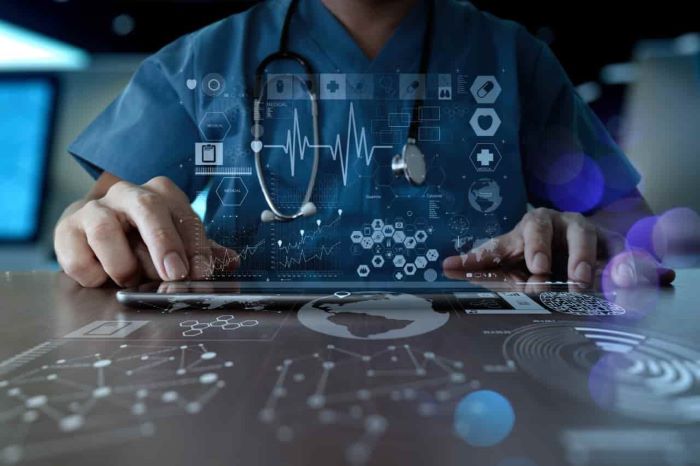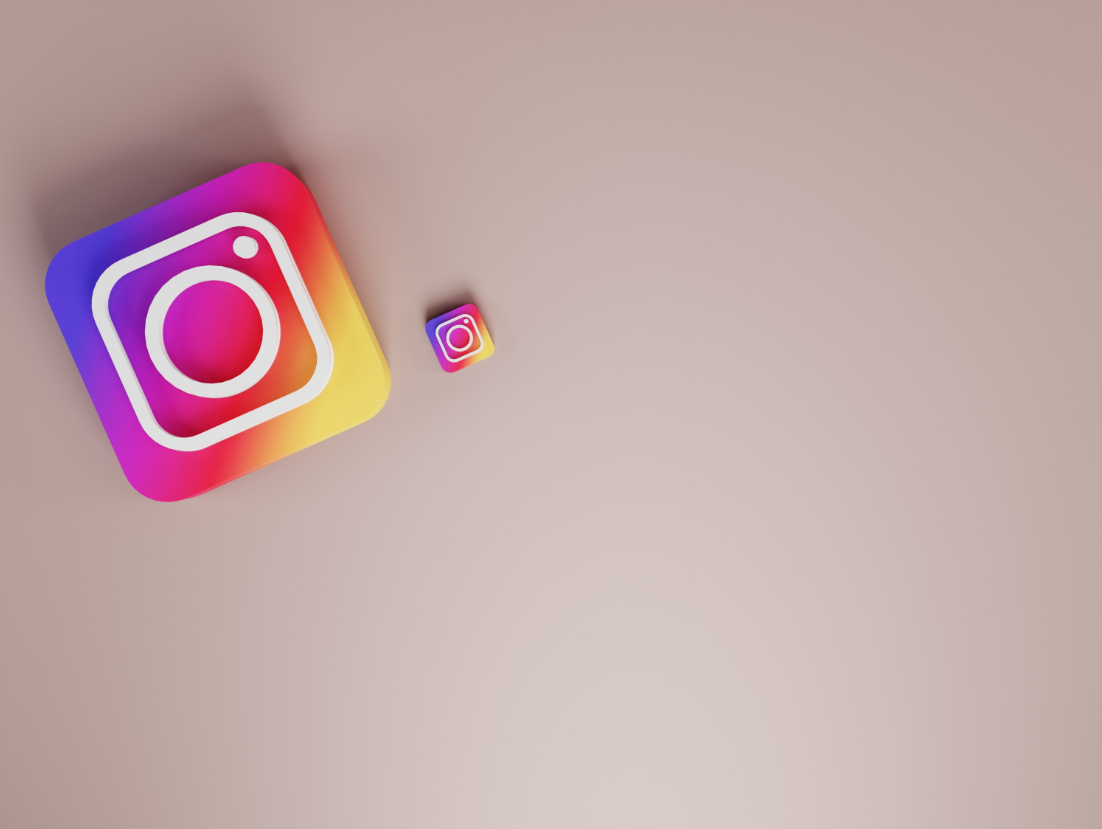Introduction
Development of healthcare application is one of the complex projects linking the vulnerabilities in technology, medicine, and regulations into a cohesive, unified platform. This synthesis aims to improve patient outcomes, enhance healthcare delivery, and ensure privacy and security of sensitive health information. In the rapidly evolving digital health landscape, development of the healthcare application is guided by four pivotal considerations: understanding user needs, navigating legal and regulatory standards, prioritizing data security and privacy, and leveraging emerging technologies. This comprehensive examination covers each of these aspects, making it possible to develop a detailed view of how this is possible for creating impactful, compliant, and innovative healthcare applications.
User Needs: The Foundation of Healthcare App Development
The foremost objective that lies behind the construction of any healthcare app is meeting the varied needs of users, in practice this comprises patients, healthcare providers, and healthcare organizations. Understanding this need is not just the first, but the most critical, step in the development process.
Patient-Focused Design: Patients have the potential to receive heightened accessibility to healthcare facilities and health education. Apps, for instance, may feature booking of appointments, online consultation with a healthcare practitioner, and drug reminders besides the provision of a repository for electronic health records. User-friendly design that empowers users in managing their health and education is also considered a part of patient-centered design.
Supporting Healthcare Professionals: The healthcare app should boost efficiency and augment clinical decision-making while easing administrative burden. A healthcare app that meets this standard is one that integrates with the existing electronic health record system, providing secure communication tools, and access to current patient data.
Inclusivity and Accessibility: Ultimately, a successful healthcare app would be accessible and inclusive to all its users, not least those that are marginalized. This calls for designing an app which uses consideration of various types of disabilities, including visual, auditory, and motor impairments, and which also considers the mental needs of users.
Navigating Legal and Regulatory Considerations
The healthcare industry is highly regulated to ensure patient privacy and the integrity of medical services. Healthcare app developers must adhere to legal and regulatory standards.
Data Protection and Privacy Laws: In the United States, the Health Insurance Portability and Accountability Act (HIPAA) lays down the benchmark standards of protecting patient health information, while the General Data Protection Regulation (GDPR) acts as a similar rule in the European Union. It involves incorporating stringent data security measures, obtaining user consent for use of their health information, and making sure that health information remains available and private.
Medical App Regulatory Approval: Where an application is deemed a medical device, it might need regulatory approval by bodies like the U.S. Food and Drug Administration (FDA) or acceptance under the CE marking framework in Europe. For a medical device, the regulatory approval will demand showing the app is safe for use, gets shown to be effective in treatment, and has quality management systems designed for the app’s use.
Security in the Healthcare Apps is Vital
Sensitivity and patient health information are so important, with or without these; the risk of loss of trust to the users and the price which the user is likely to pay because of its access by developers is thus large.
Protection of Robust Security Measures: In terms of security, developers need to ensure their use of highly advanced security technologies, and techniques in practice, with the implementation of security measures, which include encryption of data at rest and in transit, proper identification of users, and continuous and timely testing of threats.
Privacy by Design: This approach views privacy from within the development process. It means that data required for the application to perform the functions that it was meant to provide, user involvement in managing personal data, and easily understandable privacy policies for how data is collected, used, and protected.
Leveraging Advanced Technologies
The integration of advanced technologies has the potential to significantly enhance the functionality, usability, and impact of healthcare apps, offering new ways of addressing longstanding healthcare challenges.
Artificial Intelligence and Machine Learning: AI and ML are capable of personalizing user experience, pointing out how one would consume health status in detail, and supporting clinical decision-making. Between AI-powered diagnostic tools and a chatbot that serves round-the-clock support to the patients, these technologies are going a long way in reshaping the domain of digital health.
Blockchain of Health Data: Health records are better managed with the help of blockchain, where the integrity of the data is maintained and there is the option of sharing the data securely across different organizations in the healthcare ecosystem.
IoT and Healthcare Apps: IoT devices, such as wearable health monitors and smart medical devices, can be used to integrate the real-time health data, ensuring remote monitoring, personalized healthcare plans, and proper management of health.
Conclusion
The app development in the healthcare industry is a journey that involves a deep comprehension of the healthcare domain, commitment to regulatory compliance, and a forward-looking approach to new technology integration. By treating user requirements and regulatory implications first, implementing security to protect user data, and leveraging future technologies, app developers could create healthcare apps that not only serve but are effective. With technology continuing to grow fast, healthcare apps are one of the evolutions in healthcare, helping improve healthcare access, quality, and overall health improvement. The field faces challenges ranging from ensuring user-centered design and regulatory compliance to issues of data protection and privacy, and emerging technologies. They need to be in tune with changes in the healthcare policy and technology while catering to user needs. Keeping pace is not only tough for developers but also for healthcare providers and stakeholders who are targeting a meaningful impact in the healthcare industry. The process of development for the creation of a healthcare app is a complex one, but the potential to improve health outcomes, improve patient care, and manage healthcare more efficiently makes it a worthwhile venture. Finally, it is clear that the goal is clear: to use technology in order to make a healthier, more connected world.





